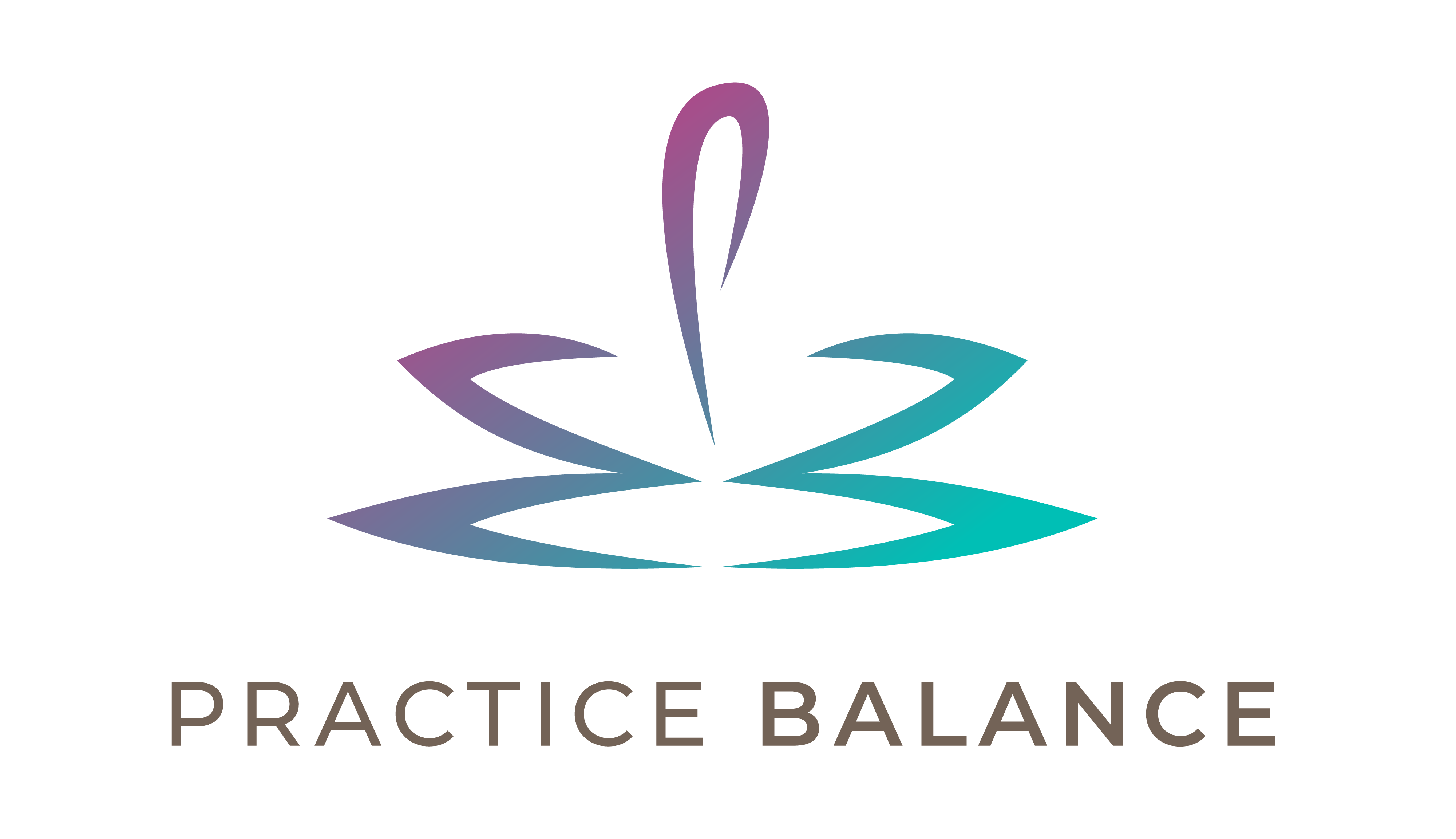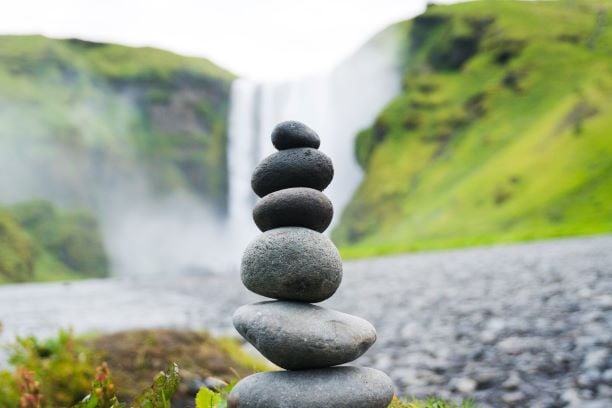
“We must always change, renew, rejuvenate ourselves; otherwise we harden.”
– Goethe
The culmination of my professional training – the American Board of Anesthesiology Oral Board Examination – has finally come and gone. When I say “culmination”, I really mean it: after undergraduate school and then a brief stint as an engineer, I completed two years of graduate school, 4 years of medical school, and 4 years of residency training (with some small glitches along the way) to get to the point of being a board-certified anesthesiologist. And now, after roughly an hour of Socratic method-style oral Q&A in a hotel suite on the 15th floor of a fancy Marriot hotel in Miami (I know, sounds surreal, like a scene in a spy movie), it’s all over (assuming I passed… tbd in a month or so!) No more formal testing of any kind until recertification in 10 years!!!
In reality, being a professional means you are never really “done” studying and learning, but this marks a huge change in the landscape of how I have been spending a substantial amount of my time for several years. I’ve talked about the role transition I went through after residency ended, and the “stress of no stress” when I found myself with more free time. But over the past few months, the ebb and flow of stress crested again with my preparation for oral boards. Now I’m faced with the dilemma of how to truly press the stress “Reset button”. So, what are some options?
1. Take a vacation. An ideal vacation would be, well… ideal, but even a short trip after the culminating event could help to reset work priorities, physical presence, and mindset. I could have easily flown home and gone back to work the day after the exam, but instead I chose to spend a few days in Florida to explore an area and culture that I have never experienced. The lifestyle, climate, and food are very different from what we’re used to out west, so it was a great way to rejuvinate and appreciate the life choices we’ve made.
2. Clean house. For me, this meant going through all my study materials, purging papers, and tidying up my home office again. An uncluttered environment makes for a mental “clean slate”, thus that you can focus your efforts on the next tasks that come your way.
3. Write some stuff down. Whether it’s journaling or just jotting down some items as a list, putting your thoughts into writing can help clarify your upcoming priorities. Some lists that I needed to make include “to do’s” that I have been neglecting in favor of study, some physical fitness goals I’d like to achieve this summer, and a list of resources I’d like to check out to keep my mind focused on continuous learning at work (now that the automatic mandate of studying has been lifted).
4. Try a “routine challenge”. By this, I don’t mean “challenge your routine.” Most likely, your routine is going to automatically change with your reset. Consider adding something new to your daily routine, perhaps something you’ve been wanting to incorporate into your daily life but previously felt you were too busy to add (yoga practice, a daily walk, meditation, etc.) Do it “challenge style” – try completing the activity for X minutes/day on a total of, say, 30 consecutive days.
5. Start a new endeavor. Similar to the above idea, is there any particular activity that you’ve been wanting to do but have put off due to your previously busy/stressful status? Want to take up piano again, learn a new language, take a class on fine chocolate? Dive in now! I have a long list of these (including the ones I just mentioned), and I’m planning on tackling them one by one starting now!
What about you? Do you have any ideas for me on how to press Reset? Share them here!


 Gossip: The Donut of Stress Relief
Gossip: The Donut of Stress Relief

I'm coming near to my own next press reset — my tenth grader is only 2 years from heading off to college. I like all of your suggestions and I was trying them out in my mind for 2015. Meantime, I always find it helpful when I finish something big and stressful to take a deep breath and then sleep all day on Saturday to recover.
I forgot to mention in my "write stuff down" section that making a list of goals/priorities for the next few years has helped me in the past… a smart man named Leo Hopf taught me how to do that!